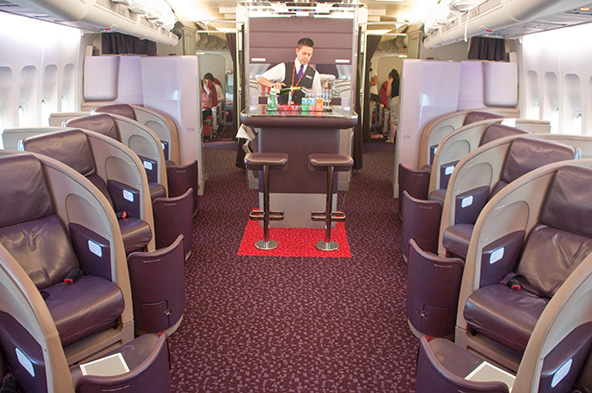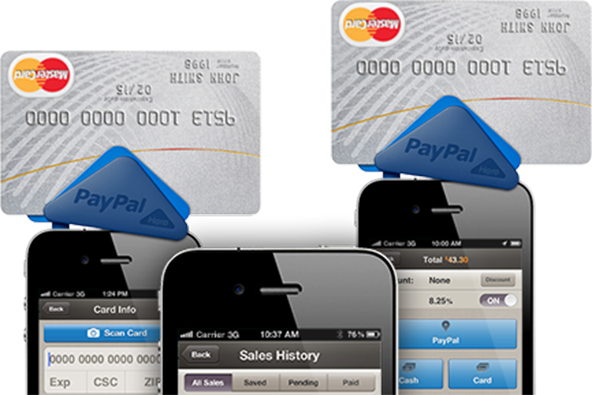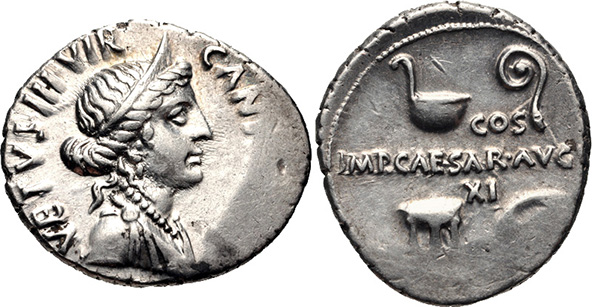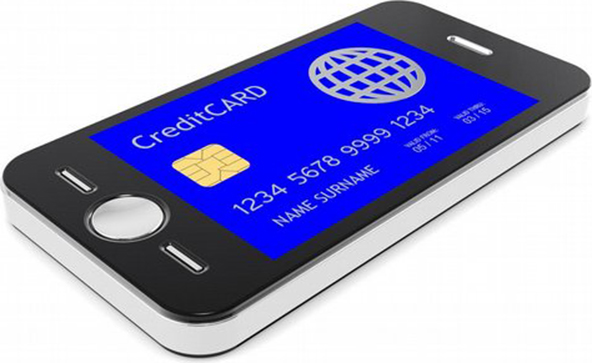General Requirements for In-Flight Commerce Terminals

Transactions that a cardholder initiates during a flight are known as in-flight commerce (IFC). In-flight commerce terminals are cardholder-activated terminals operated on aircraft. Merchants operating such terminals and their processing banks must comply with the following requirements:
- Requirements for processing banks and service providers.
- Processing banks must ensure delivery and installation of the In-Flight Commerce Blocked Gaming File to gaming service providers, before they can process gaming transactions.
- Processing banks must identify IFC services or products with the most appropriate merchant category code (MCC) in the authorization message and merchant business code (MCC) in first presentment messages. If an airline also acts as the service provider, the processing bank may not use an airline MCC but must assign the proper MCC for each type of IFC transaction. The following list of IFC transaction types must be identified with the designated MCC:
IFC Transaction Type MCC
Catalog merchant 5964
Duty-free store 5309
Gaming 7995
Miscellaneous services 7299
Video game 7994
- Transactions must be consolidated by MCC, per flight, for each cardholder account.
- Processing banks must identify the transaction with the most appropriate transaction category code (TCC) in the authorization request message, as shown in the table below.
If the IFC transaction is for… The acquirer must use TCC… Gaming U for Unique Transaction Anything other than gaming R for Retail Purchase - The merchant’s name and location must include the service provider’s name and flight identification. The flight identification must be a recognizable identification of the airline.
- The city field description for mailed purchases and gaming transactions should contain the service provider’s customer service telephone number. For all IFC transactions other than mailed purchases and gaming, the city field description optionally may be a customer service telephone number.
- For all IFC transactions except IFC mailed purchase transactions, the transaction date is defined as the date that the flight departs from the originating city. The transaction date for mailed purchases is defined as the shipment date unless otherwise disclosed to the cardholder.
- Processing banks must ensure that the service provider provides full disclosure to the cardholder via the video monitor screen prior to the initiation of any IFC transactions. The screen must prompt the cardholder to acknowledge these disclosure terms before initiating a transaction. Disclosures must include the following:
- Full identification of the service provider and provision for recourse in terms of cardholder complaints or questions.
- Notification that transactions will be billed upon the issuer’s approval of the authorization request.
- For mailed purchases only, any additional shipping or handling charges.
- Policy on refunds or returns.
- Provision for a paper receipt.
For IFC gaming transactions, service providers must additionally disclose the following:- Maximum winnings ($3,500) and maximum losses ($350).
- Notification that total net transaction amount (whether a net win or loss) will be applied against the cardholder’s account.
- Notification that cardholder must be at least 18 years of age to play.
- Notification that some card issuers may not allow gaming.
- Processing banks must ensure that the service provider is capable of providing an itemized receipt to the cardholder for all IFC transactions. The processor must ensure that, at the cardholder’s option, the service provider can effect this offer in one of three ways:
- Printing a receipt at the passenger’s seat.
- Printing a receipt from a centralized printer on the plane.
- Mailing a receipt to the cardholder.
The mailed receipt offer must be made available via the video monitor and must require the cardholder to input his or her name and address. For IFC gaming transactions the service provider must provide a receipt to the cardholder by one of the first two methods described above. The receipt must contain the following elements:- Identification of the passenger’s flight, seat number, and date of departure.
- Itemized transaction detail.
- Gaming transaction specified as a net win or net loss.
- The cardholder’s account number truncated on the receipt. Processors must ensure that transaction receipts provided to cardholders show only the last four digits of the cardholder account number. The remaining digits must be truncated. It is also recommended that truncated digits are replaced with fill characters such as “x”, “*”, or “#” and not with blank spaces or numeric characters.
- For IFC terminals, the assurance and demonstration of security of the transmission of data between the on-board client server and the processing bank and the physical controls over hardware and operating software. Encryption of transmitted data is recommended.
- Transaction requirements.
- No maximum transaction amount applies to any IFC transaction, with the exception of IFC gaming transactions.
- An IFC terminal that also is a hybrid terminal is prohibited from performing fallback procedures from chip to magnetic stripe.
- Cardholder account number verification — in-flight verification prior to transaction initiation. Prior to initiating an in-flight card transaction, the account number must be verified. The following procedures should be followed:
- The service provider must conduct a Mod-10 check digit routine to verify the card’s authenticity.
- The service provider must confirm that the card account number is a valid one. A valid number for each card brand should begin with:
- American Express cards — 3.
- Visa cards — 4.
- MasterCard cards — 5.
- Discover cards — 6.
- Authorization requirements.
- The authorization request message must include the cardholder-activated terminal indicator.
- The processor must read and transmit full, unaltered card-read data. An IFC authorization request may not contain a key-entered account number or expiration date.
- Transactions are either authorized air-to-ground during the transaction or authorized in a delayed batch. All are authorized on a zero floor limit basis.
- The processor must convert all “refer to card issuer” and “capture card” messages received from issuers to “declines.”
- Clearing requirements.
- The processor is not permitted to submit declined transactions for clearing.
- No surcharges or service fees may be assessed on any IFC transaction.
Image credit: Wikimedia Commons.


